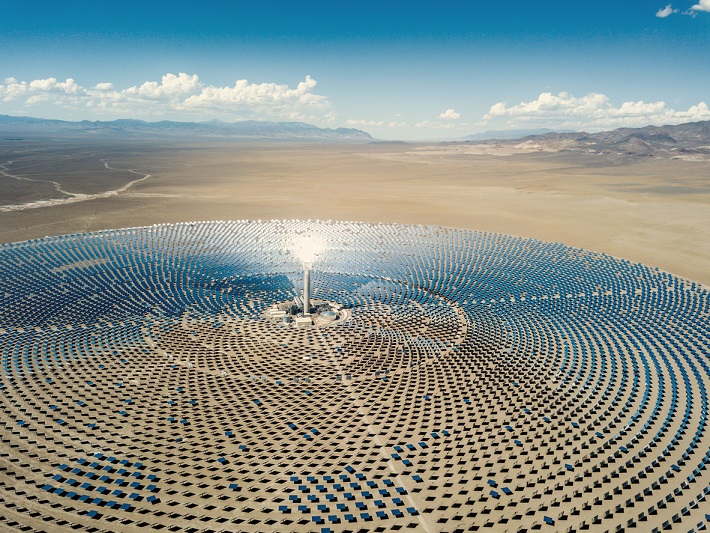Everywhere you go these days, you can find businesses and homes operating on solar energy. After all, the sun is the most abundant energy supplier on Earth. Sunlight is also easy to capture and use as a renewable energy source. Solar power is clean energy, too. But what is solar energy, and how is it used to power everyday life, and Should I install solar today or wait until it gets cheaper?
Key Points of Solar Energy
Below are some key points of solar energy, to quickly show you its benefits. These points include:
- You can capture solar energy through various technologies, such as solar panels
- Silicon solar panels use the photovoltaic effect to capture the sun’s energy and make electricity
- Anyone can start using solar energy with the right mechanisms in place
- To incorporate solar power for your home or commercial property, simply find a reputable service provider
What is solar energy and how does it work?
The sun lights our days through its particles, called photons, that reach Earth. These photons contain the energy to fuel the planet, such as making plants grow. Solar energy also powers the weather systems. But most people do not realize that one hour of solar radiation on Earth can supply all of our global energy requirements for almost a full year. Even better, sunlight is abundant, clean and free, unlike fossil fuels.
The sun is a star in our galaxy that works much like a giant nuclear reactor. In its core, the sun generates radiating energy from nuclear fusion reactions. This energy radiates from the surface of the sun and into space as light and heat.
On Earth, we harness nuclear power. We can do the same with the sun’s power, converting it to usable energy. This process involves the use of photovoltaics, which are solar thermal collectors. In recent years, solar panel installation cost has dropped significantly. As a result, more people want to use solar power than ever before. Rather than being an alternative source of power, solar energy is how we will eventually power everything around us.

How to Harness Solar Energy to Create Clean Power
Obviously, you cannot catch the sun’s rays in a bucket. But there are multiple ways to harness its energy. The two primary methods are through photovoltaics and solar thermal capture. Most residential solar needs typically use photovoltaics, such as solar panel installations. But solar thermal capture works for broad-scale electricity production, such as community utilities. Solar thermal capture can also work for heating and cooling on a broad scale and when harnessed at lower temperatures.
Solar energy is the most rapidly growing and least expensive source of power on the planet. Its use will only increase in the next decades. Every year, the industry improves, such as in solar panel technology and economic benefits. Overall, there are many environmental reasons to use the sun’s clean, renewable energy.
What is photovoltaic solar energy?
Photovoltaic solar energy is the type of solar energy used by residential property owners. You need a photovoltaic (PV) solar system, including solar panels that transform sunlight into storable energy. The PV system stores sun energy on a solar battery or sends the power to the electric grid as positive credits against your electrical energy bill.
The photovoltaic effect is the process by which solar panels convert sunlight into usable electricity. Most of these panels harness sunlight that strikes silicon or another semiconductor material, loosening electrons and putting them into motion. This motion generates a direct electrical current (DC) that flows through wiring and converts to AC power through a solar inverter. AC power is the type used by most household appliances. Solar panels save you money while reducing your reliance on fossil fuels.
To take advantage of PV solar energy, simply find a contractor that specializes in home solar PV system installation.